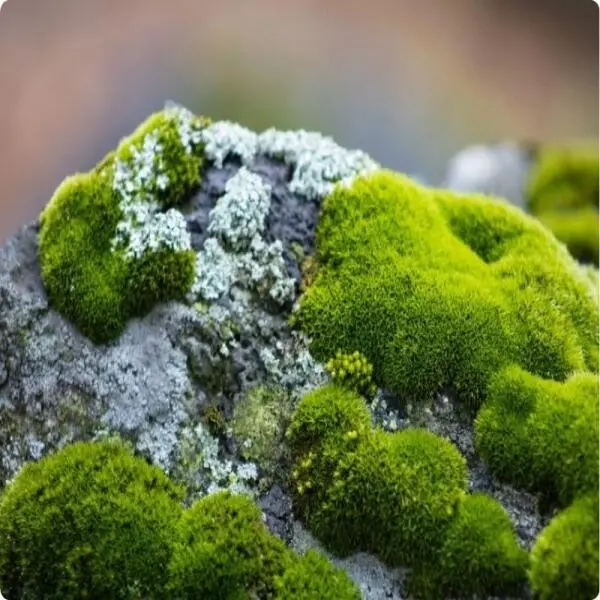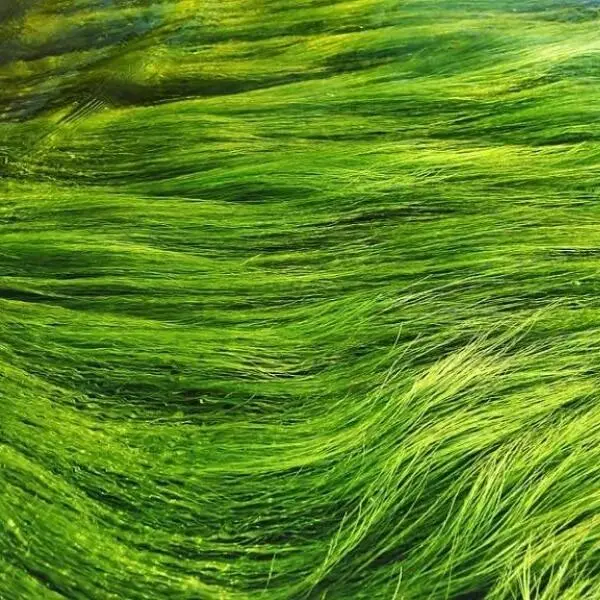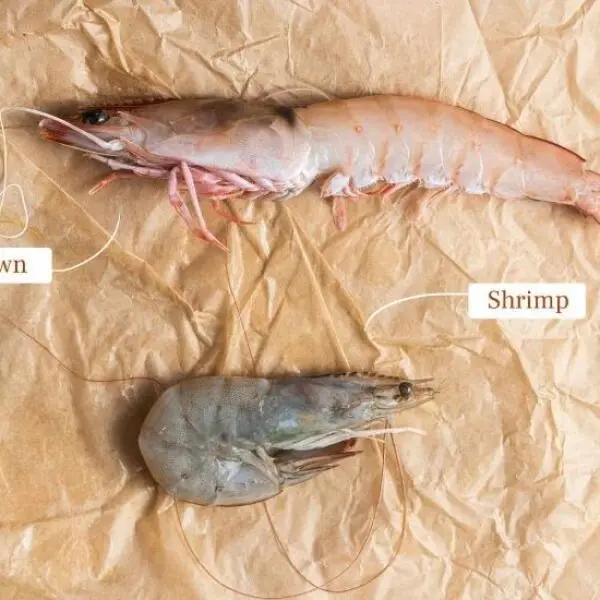
Pool scale is a common issue for pool owners, causing unsightly deposits and potentially damaging your pool and its equipment. It typically forms from minerals in the water, particularly calcium, and can lead to white, crusty deposits on the walls, floor, and even your pool equipment. In this comprehensive guide, we will explain what pool scale is, what causes pool scale build-up, how to identify it, and most importantly, how to treat and control it to maintain a clean and functional pool.
What is Pool Scale?
Pool scale refers to mineral deposits that form on the surfaces of your swimming pool, most commonly calcium and magnesium. These deposits appear as white, chalky marks or rough, crusty build-ups. While pool scale is often associated with calcium buildup, it can also be caused by other minerals such as iron or copper. The scale can accumulate in various areas, including the pool walls, floor, and equipment such as salt chlorinators, reducing the efficiency of your pool’s filtration system and potentially causing more serious damage if left untreated.
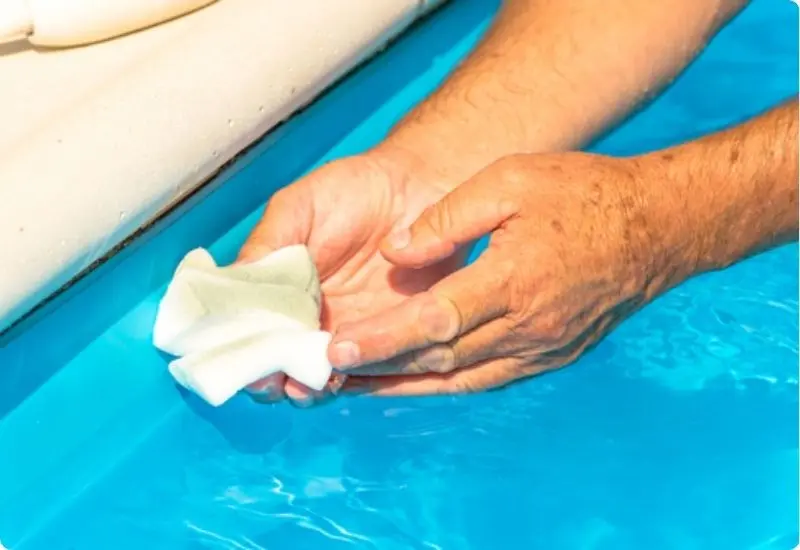
What is Pool Scale?
How can pool scale be identified visually?
Pool scale typically appears as rough, white or off-white deposits on the pool’s surface. These can range from thin, powdery layers to thick, crystalline formations that feel gritty to the touch. Scale can also form around the waterline, often appearing as a chalky ring, or on pool equipment, especially salt cells. Over time, if scale is left untreated, it may turn into hard, stubborn deposits that can be difficult to remove without professional intervention.
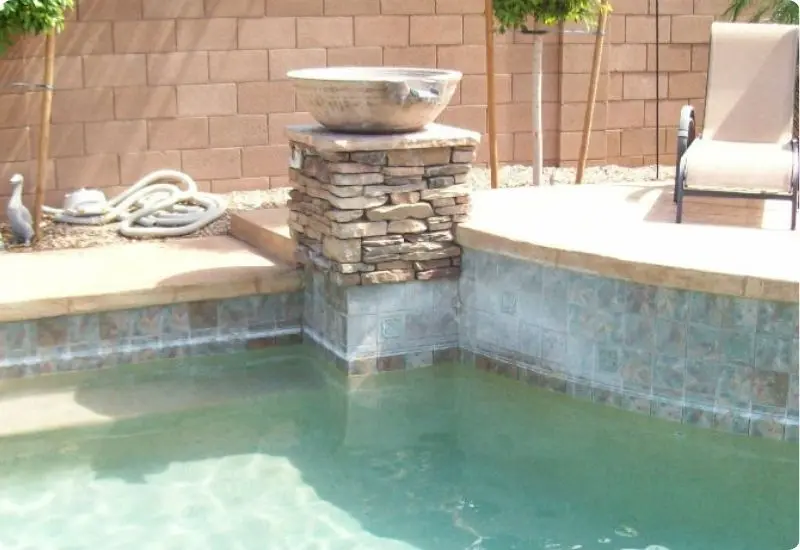
How can pool scale be identified visually?
What Causes Scale in Pools?
The primary cause of scale build-up in pools is a high concentration of calcium in the water. When the calcium levels exceed a certain threshold, typically around 400 ppm (parts per million), it can begin to precipitate out of the water and form scale deposits. Other factors that contribute to pool scale formation include:
- Imbalanced Water Chemistry: Pools with high pH levels, high alkalinity, and improper calcium hardness levels are more prone to scale formation. Maintaining a proper pH balance (7.4 to 7.6) and calcium hardness levels (200-400 ppm) is critical in preventing scale build-up.
- High Water Temperature: Hot water can promote scale formation, as calcium and other minerals become less soluble and precipitate out of the water more easily. Pools in warmer climates or with poorly regulated heaters may experience higher rates of scaling.
- Poor Circulation: Insufficient water circulation can lead to mineral buildup, especially around areas with little water movement, such as corners or behind pool equipment.
- Evaporation: When pool water evaporates, it leaves behind dissolved minerals, leading to the formation of scale. This is especially common in areas with frequent temperature fluctuations.
- Hard Water: Pools filled with hard water (water with high mineral content) are more susceptible to scale formation. If you use well water or bore water, which tends to have higher levels of metals like iron and calcium, scale formation is more likely.
Pool Scale Build Up: How to Prevent It
Preventing pool scale involves regular maintenance and careful monitoring of water chemistry. Here are some effective pool scale control methods:
- Regular Water Testing: Test your pool water at least once a week to ensure that your pH, alkalinity, and calcium hardness levels are within the optimal range. It is crucial to maintain a pH level of approximately 7.4 and 7.6, an alkalinity range of 80-120 ppm, and calcium hardness levels between 200 and 400 ppm. Using a quality test kit or taking a water sample to your local pool store for analysis is key to maintaining balanced water.
- Use of Scale Inhibitors: Scale inhibitors can be added to your pool water to prevent the minerals from precipitating out and forming scale. These inhibitors work by binding to calcium ions, keeping them in solution and preventing them from settling on your pool surfaces. Products like Aquaguard and Aquashield 3 are popular choices and should be added regularly, especially in pools with hard water or those that use bore or dam water.
- Maintain Proper Water Balance: Ensuring that the pool’s water chemistry is consistently balanced is crucial. This includes maintaining proper calcium hardness, pH, and alkalinity levels. If calcium hardness is too high, the water becomes supersaturated, leading to scale formation.
- Use of a Pool Cover: Using a pool cover during off-hours can help reduce evaporation and keep your pool water from becoming too concentrated with minerals, thus preventing scale from forming.
- Improve Water Circulation: Ensure that your pool’s filtration system is running efficiently and that the water circulates properly throughout the pool. Poor circulation can allow minerals to accumulate in stagnant areas, leading to scale build-up.
- Reverse Osmosis Treatment: For severe cases of hard water or high calcium levels, a reverse osmosis water treatment system can be used to filter out excess minerals, reducing the risk of scale formation.
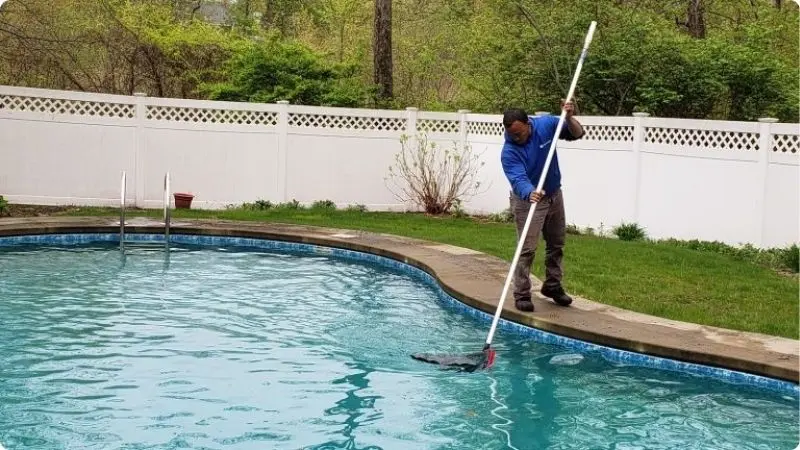
How to Prevent Pool Scale
Pool Scale Treatment: How to Remove Pool Scale
If scale has already formed in your pool, prompt treatment is necessary to avoid further damage. Here are the steps to effectively remove pool scale:
- Manual Scrubbing: For light scale build-up, you can use a pumice stone or a stiff brush to scrub the affected areas. Make sure the pool surface is wet before you begin scrubbing to avoid scratching the tiles or pool walls.
- Acid Washing: For more stubborn scale, acid washing can be an effective solution. This involves applying a diluted acid solution (usually muriatic acid) to the affected areas to dissolve the calcium deposits. However, acid washing should be done with caution, as it can damage certain pool surfaces, particularly fiberglass or vinyl.
- Use of Stain Removers: Special stain removers, such as those containing ascorbic acid or citric acid, can be used to treat scale caused by metals like iron or copper. These products work by dissolving the metal deposits and preventing them from re-forming on the pool surface.
- Scale Inhibitors: After removing scale deposits, continue to use scale inhibitors regularly to prevent new build-up. These products soften existing scale and help maintain the calcium levels in solution, preventing further precipitation.
- Professional Help: For severe cases of scale or calcium silicate deposits, it is recommended to seek professional help. Professionals can use specialized equipment and chemicals to safely and effectively remove scale from your pool surfaces and filtration system.
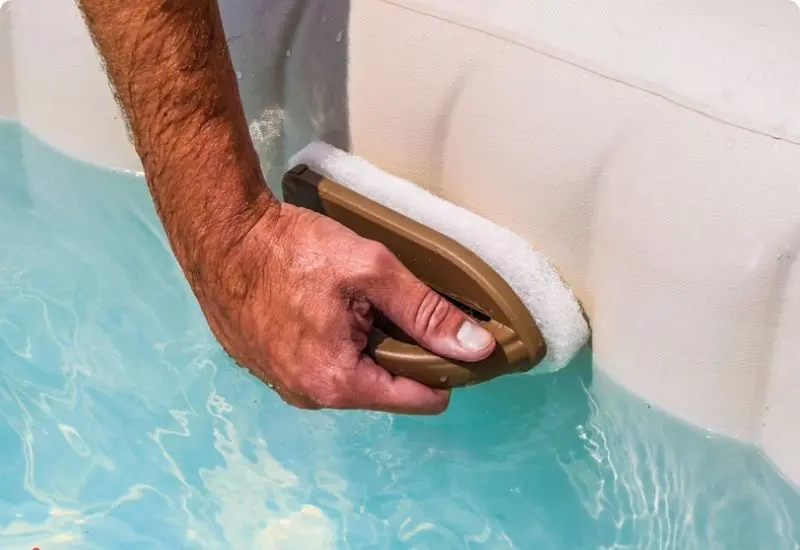
You can use a pumice stone or a stiff brush to scrub the affected areas
Pool Scale Control: Maintaining Scale-Free Water
To prevent the recurrence of scale in your pool, it's essential to keep your water chemistry balanced and regularly treat your pool with scale inhibitors. Regular cleaning and maintenance are also vital in preventing mineral buildup and ensuring that your pool remains hygienic and visually appealing.
Is Pool Scale Dangerous?
While pool scale itself isn’t toxic, it can pose hazards:
- Damage to Equipment: Scale reduces the efficiency of salt chlorinators, heaters, and pumps, leading to costly repairs or replacements.
- Rough Pool Surfaces: Scale makes pool surfaces abrasive, potentially causing skin irritation.
- Unhygienic Conditions: Scale buildup can trap dirt and bacteria, making the pool harder to clean and less inviting.
Conclusion
Pool scale is a common yet preventable issue that can lead to unsightly deposits and damage to your pool's surfaces and equipment. By understanding what pool scale is, its causes, and how to treat and control it, you can maintain a clean, healthy pool. Regular water testing, the use of scale inhibitors, and proper water circulation are all key strategies in preventing pool scale build-up. If you notice scale or staining forming, act quickly to treat the issue before it becomes a bigger problem. With the right tools and maintenance, you can enjoy a beautiful and scale-free swimming pool all year long.
Related Articles
Ever Wondered How Algae and Moss Differ?
Algae and moss are often mistaken for one another due to their green appearance and similar growth ...
Can moss really grow anywhere?
Moss is a unique and resilient plant that has adapted to survive in diverse ecosystems for hundreds ...
Cyanobacteria vs Algae: Understanding Their Key Differences and Significance
Aquatic ecosystems harbor diverse photosynthetic organisms, with cyanobacteria and algae being two ...
Want to learn more about type of shrimp? From ocean to plate
Shrimp is a versatile and beloved seafood staple, but few realize the incredible variety of shrimp ...
Shrimp and Prawns: Unveiling the Differences and Similarities
If you’ve ever encountered a seafood menu or a bustling fish market, you’ve likely seen the terms ...
What is White Shrimp? A Deep Dive into This Iconic Seafood
White shrimp (Litopenaeus setiferus) stands as one of the most commercially significant seafood ...


